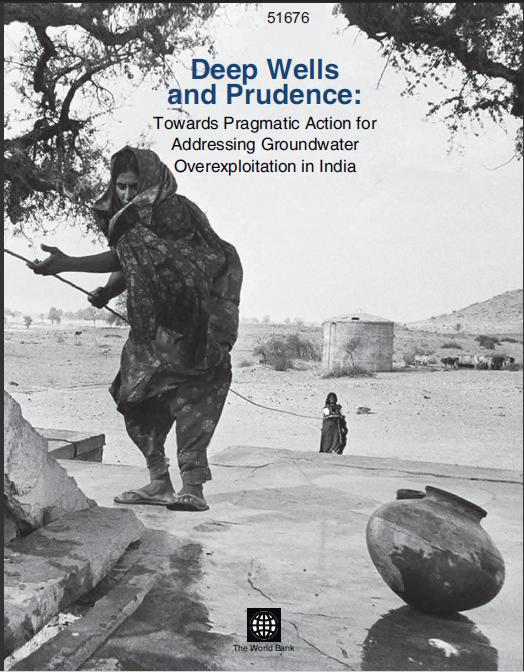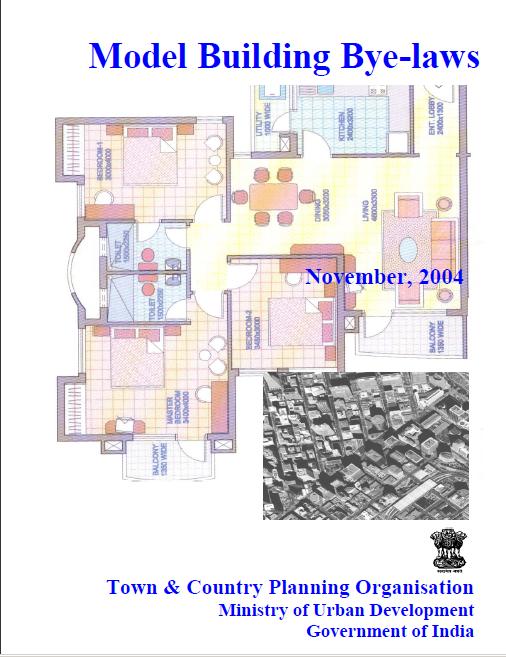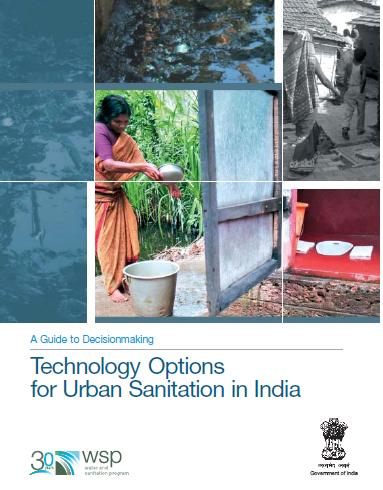/regions/india
India
Call for application "Reporting research media fellowship 2011-Dams and development in Northeast India"-Apply by 20th April 2011
Posted on 12 Apr, 2011 11:00 AMForwarded to the portal by: Arup Jyoti
 Panos Institute South Asia’s RELAY programme invites print/web and television journalists to apply for the ‘Reporting research media fellowship programme’ on dams and development in Northeast India.
Panos Institute South Asia’s RELAY programme invites print/web and television journalists to apply for the ‘Reporting research media fellowship programme’ on dams and development in Northeast India.
Three print/web and one (1) television fellowship will be awarded to candidates who regularly contribute to media in Northeast India and are willing to write/ produce media outputs based on collaboration with research or researchers and primary field trips in the Northeast.
Deep wells and prudence - Towards pragmatic action for addressing groundwater overexploitation in India - A World Bank document (2010)
Posted on 12 Apr, 2011 01:51 AM India is the largest user of groundwater resources in the world. It is estimated that approximately 230 cubic kilometers per year is used annually, this is more than a quarter of the total world consumption from this resource.
India is the largest user of groundwater resources in the world. It is estimated that approximately 230 cubic kilometers per year is used annually, this is more than a quarter of the total world consumption from this resource.
It is in this context that this World Bank report looks at the reasons for this quantum of groundwater usage.
The report delves into socio-economic and political reasons and looks at policies which inadvertently promote so much extraction. The report also analyses various attempts to manage this resource. These attempts range from government and international agency efforts directed to grassroots mobilisations. Finally the report comes out with suggestions to deal with this crisis.
Professional certificate course (e-learning mode) on Water Resources Planning & Management (WRPM) - Apply by 13th April, 2011
Posted on 11 Apr, 2011 08:18 PMThough the overall fresh water availability at the macro level has remained the same, many regions, particularly in the developing world today experience large imbalances between the demand and supply of water supply.
Professional certificate course (e-learning mode) on “Environmental Planning and Management”- Last date to apply 13th April 2011
Posted on 11 Apr, 2011 08:17 PMThe process of economic development typically leads to environmental problems, which are becoming more serious because of the interacting effects of increasing industrialization and urbanization and poor enviornmental planning and management practices.
This course has been therefore designed to highlight the application value of the theory and practice of Environmental Planning and Management as followed internationally.
New policy framework for rural drinking water supply: Swajaldhara guidelines – An article by Philippe Cullet in Economic and Political Weekly
Posted on 11 Apr, 2011 07:09 PMIt examines its evolution from the 1970s onwards and focuses, in particular, on the reforms of the past decade, looking more specifically at the Swajaldhara Guidelines. These reforms are of capital importance because they seek to completely change the rural drinking water supply policy framework.
South Asia Network on Dams, Rivers and People(SANDRP) is looking for researchers based at New Delhi
Posted on 11 Apr, 2011 05:54 PMForwarded to the portal by: Bipin Chandra Chaturvedi
SANDRP (South Asia Network on Dams, Rivers and People) is looking for researchers. The position is New Delhi based. SANDRP is a well known organization working on water, dams, rivers and related issues. It also publishes a journal titled "Dams, Rivers & People".
It will be a good opportunity to work with SANDRP for those interested in water, dams and related issues.
Calling entries for 'IDPA Awards for Excellence 2010' – Apply by 15th May, 2011
Posted on 11 Apr, 2011 04:53 PMIndian Documentary Producers' Association (IDPA) is a non-profit organisation that came into being in 1956. It is registered as a public trust under the Bombay Public Trust Act 1950. Today IDPA is India’s single largest association of producers of documentaries, animation films, advertisement films and TV programmes. IDPA has organised film festivals and instituted awards to recognise and reward the talents of Indian short film makers. IDPA is also involved with educational institutions that offer courses in media and communications and would like to reach out to young people entering the profession.
Indian standard code of practice for installation of septic tanks (IS: 2470) - Bureau of Indian Standards (1986)
Posted on 11 Apr, 2011 03:46 AMThis IS Code provides various requirements that have to be met while constructing a septic tank, so that it meets minimum standards. This Code is dictated by the Bureau of Indian Standards, and ensures that the sewage is treated in a way that maintains health and hygiene of the community.
While the first standard for small septic tanks was first printed in 1963 and then revised in 1968, the standard for disposal of effluent from septic tanks was published later in 1964 and revised in 1971.
This code has been sourced through City Managers' Association Karnataka (CMAK), a non profit that provides technical expertise to urban local bodies.
Model building bye-laws, developed by the Town & Country Planning Organisation - Ministry of Urban Development (2004)
Posted on 11 Apr, 2011 03:11 AM Building bye-laws are a set of standards used to regulate various facets of a building everything from its design to its safety features. In these 'Model Building Bye-Laws', the Town and Country Planning Organisation (TCPO) under the Ministry of Urban Development (MoUD) has created a guide for State Governments, Urban Local Bodies, Development Authorities to help them play a more effective role in enforcing the implementation of the master plans.
Building bye-laws are a set of standards used to regulate various facets of a building everything from its design to its safety features. In these 'Model Building Bye-Laws', the Town and Country Planning Organisation (TCPO) under the Ministry of Urban Development (MoUD) has created a guide for State Governments, Urban Local Bodies, Development Authorities to help them play a more effective role in enforcing the implementation of the master plans.
Technology options for urban sanitation in India - A guide to decision making by WSP and MoUD (2008)
Posted on 11 Apr, 2011 12:20 AM This guide by the Water and Sanitation Program and the Ministry of Urban Development, is meant to enable municipalities and urban local bodies make informed decisions on sanitation technologies.
This guide by the Water and Sanitation Program and the Ministry of Urban Development, is meant to enable municipalities and urban local bodies make informed decisions on sanitation technologies.
Poor sanitation facilities and the lack of sanitation facilities are a health hazard and exact a human toll on human health. Realising the magnitude of the problem and the resulting fallout, the Government of India has been increasing the funding for sanitation infrastructure via the Jawaharlal Nehru National Urban Renewal Mission (JNNURM). However, money alone cannot solve the problem. Urban local bodies and municipalities need sound advice on technological options, planning and implementation to ensure that the money is well spent and the sanitation projects cater to the need of the target audience.